Your mortgage is very likely the largest debt you’ll ever have. It’s hundreds of thousands (or even millions) of dollars, that you’ll spend close to three decades paying off. So if you ever find yourself with an opportunity to pay off some — or even all — of your mortgage early, it would definitely be tempting to do so. Not so fast, though. Like any major financial decision, there are pros and cons.
So if you ever end up winning a small lottery, getting a huge bonus from work, receiving an unexpected inheritance (or other windfall) that would make a serious damage on your mortgage balance, what should you do? Let’s go over all the reasons you should pay off your mortgage early, along with a bunch of reasons why you shouldn’t. The final decision is ultimately up to you, and depends on your exact situation.
Why You Should Pay Your Mortgage Off Early
Let’s start with all the reasons you should go ahead and pay your mortgage off early.
Pay Less Interest Over Time
The biggest and move obvious reason to pay off your mortgage as quickly as possible is that it will simply cost you less. Even at low rates, you’ll end up paying thousands of dollars in interest charges over the course of your mortgage. For example, a 25-year mortgage on a $400,000 hour, with a 2.49% interest rate, will actually cost you $537,000 by the time you’re done paying for it. And that’s assuming your interest rate never goes up, which isn’t a safe assumption at all.
If you have the chance to pay off your entire mortgage in one fell swoop, you can end up saving tens (or even hundreds) of thousands of dollars over the years. And no matter what other pros and cons come with paying off a mortgage early, having that money stay in your pocket is always a good thing.
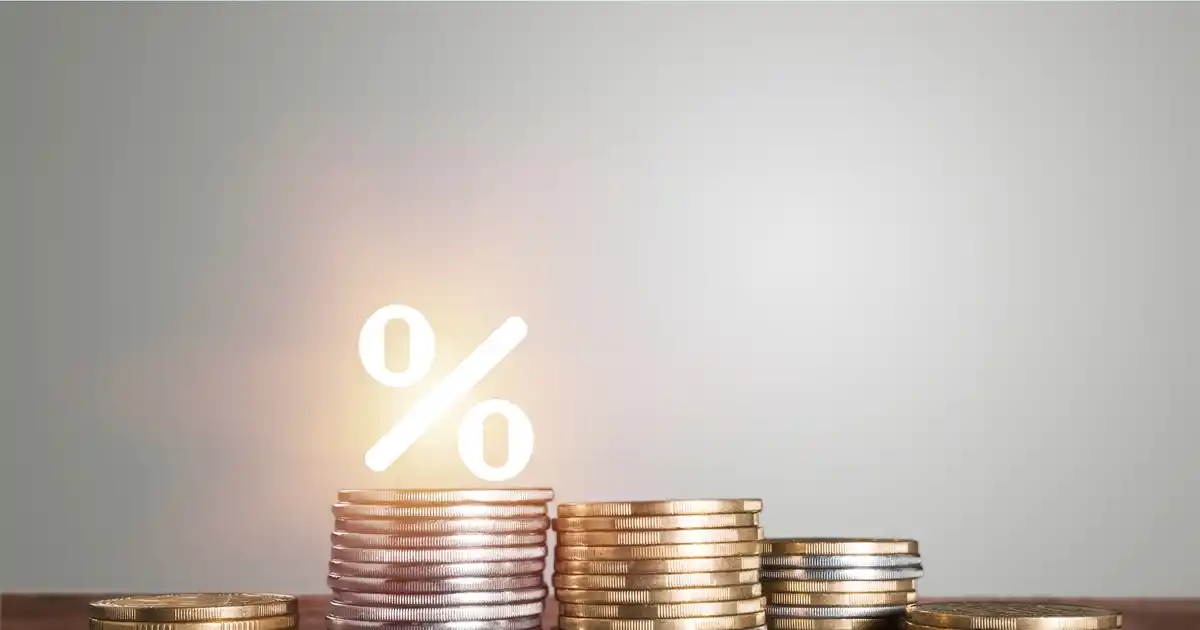 Shutterstock
ShutterstockSave Future Payment Amounts For Other Assets
Depending in the value of your house, your mortgage payments might be anywhere from $800 to $3000 (or more) per month. Regardless of the specific amount, your mortgage payment is likely to be a huge chunk of your monthly budget. If you pay your mortgage off early, that money is now available for other purposes. If you’re smart, you won’t spend it on material things.
Earmark that money (or some of it, at least) for acquiring new assets. You could make regular contributions into a Roth IRA, invest in a mutual fund, or even make payments on a second property that you rent out. Just make sure that you use some of the financial freedom of being mortgage free to accumulate more wealth.
 Shutterstock
ShutterstockInterest Rates Are Rising
This point is specific to periods of time where the federal interest rate is on the rise. However, in the wake of the pandemic and massive inflation spikes, interest rates are currently higher than they have been for at least 15 years. Many analysts also expect them to keep climbing in the near future.
If you have a variable rate mortgage, your payments could soon skyrocket. You could see your interest rate jump from 1.9% to 4.9%. Or higher, depending on exactly when your mortgage is up for renewal. No matter your specific circumstances, higher mortgage interest rates will inevitably cost you more money. You can save those extra expenses by paying your mortgage off faster.
 Shutterstock
ShutterstockFull Home Ownership
There’s a certain comfort level is fully owning your own home. There’s zero chance of some unlikely incident that would cause you to lose your house entirely. The bank can’t foreclose on it, since it’s fully paid off. A sudden job loss or medical emergency also won’t see you out on the streets, since you don’t have to pay a mortgage anymore. (Yes, property taxes, utilities, and general upkeep are still an expense.)
The other bonus of owning your home outright is that you have access to all of the equity. Historically, home values continue to rise (even despite short dips in the real estate market). Being completely mortgage free allows you to tap into 100% of the equity of your home, should you need it. This can be done through a Home Equity Line of Credit or even a Reverse Mortgage. Or you can just let your asset appreciate in value as you continue living in it, until you downsize in retirement or leave it (and it’s increased value) to your heirs.
 Shutterstock
ShutterstockFinancial Freedom
This is all the previous benefits of paying off your mortgage early, combined into one. They all combine to form one glorious outcome: financial freedom. Since housing is usually the largest portion of your living expenses, not having regular mortgage payments frees up a lot of money for… well, anything else.
Want to travel more? No problem. Time to finally buy that classic car you’ve been dreaming of? Sure. Commit to investing and saving a bit more money for your retirement? Definitely. Being mortgage free is a life-long goal for millions of homeowners, so go ahead and seize it, should the opportunity present itself.
 Shutterstock
ShutterstockWhy You Shouldn’t
As you’ve just read, there are plenty of good reasons to pay off your mortgage early. However, there are also a couple important factors to consider before you do. Like most things relating to personal finance, your individual situation will play a big part in your final decision.
Before you write that big check out to your mortgage provider, consider these potential pitfalls of paying off your mortgage early.
You Could Drain Your Savings
We previously discussed paying off your mortgage after some sort of unexpected windfall — a lottery win or surprise inheritance. However, it’s more likely that you’ll accumulate the funds to pay off your mortgage through traditional saving. And you may not want to empty those coffers to pay off your mortgage.
Draining your savings could lead to future problems. Not having an emergency fund certainly isn’t ideal (although the equity in your home could be a source of cash in a pinch). However, some people drain their retirement savings accounts (IRA or 401K) in order to zero out their mortgage. You should almost never use your retirement funds to pay off your house early. That’s a short-sighted decision that will lead to future financial difficulties.
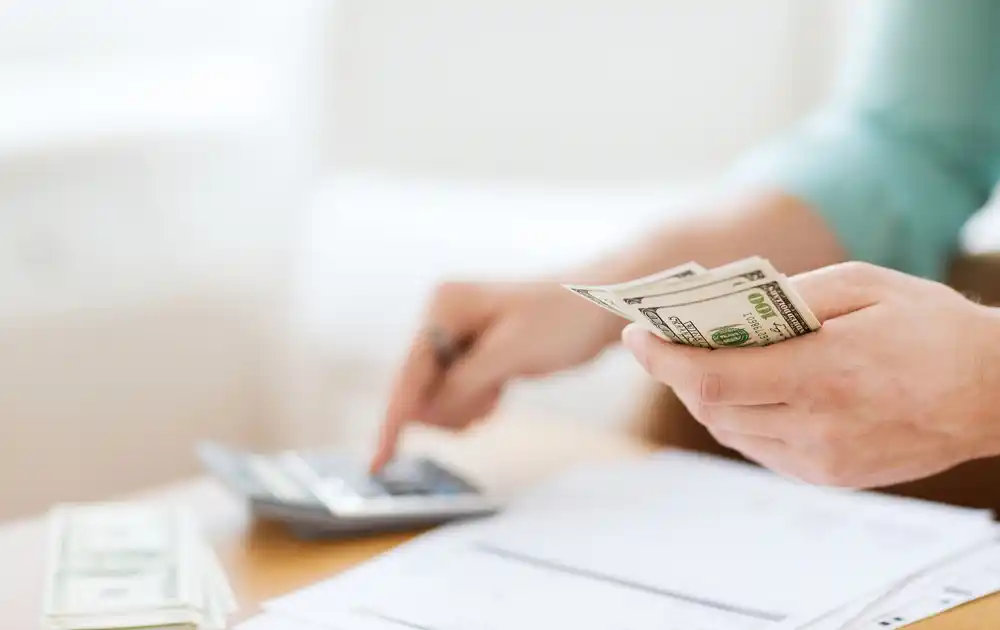 Shutterstock
ShutterstockFocus on High Interest Debt First
Working towards being totally debt free is a noble goal. However, you probably shouldn’t be focused on your mortgage if you’re still carrying around a bunch of additional debt. If you have credit cards, personal loans, or even car loans that are carrying a balance, you should focus on those first, for a couple of reasons.
First, those debts are likely to be charging much higher interest rates than your mortgage. The average auto loan is between 3% and 9%. The average credit card APR is between 15% and 25%. Personal loans or lines of credit will charge a variety of interest rates, depending on your creditworthiness. Regardless, you should not neglect these debts in order to pay off your mortgage first.
Secondly, your home is almost always going to remain an appreciating asset. That means it’s value rises, making those interest payments easier to stomach. The same can not be said of your car, which declines in value every time you drive it. Your credit cards or personal loans also don’t come with an asset that gains (or even holds) its value. If you want to pay off debts, make these high interest balances (without appreciating assets) your priority.
 Shutterstock
ShutterstockThere May Be a Penalty
Some mortgages actually don’t want you to pay them early at all. After all, the mortgage provider is banking on 25 years of regular payments, which include annual interest charges. If you suddenly pay off the balance of your mortgage after 10 or 15 years, your bank is going to miss out on decades of revenue.
Check to see what penalties (if any) your mortgage charges for early payment. It may be significant. It also may change over time. For example, paying off your mortgage after five years might come with a higher penalty than paying it off after 20 years. In that case, the math may dictate that you wait until the penalties drop or disappear.
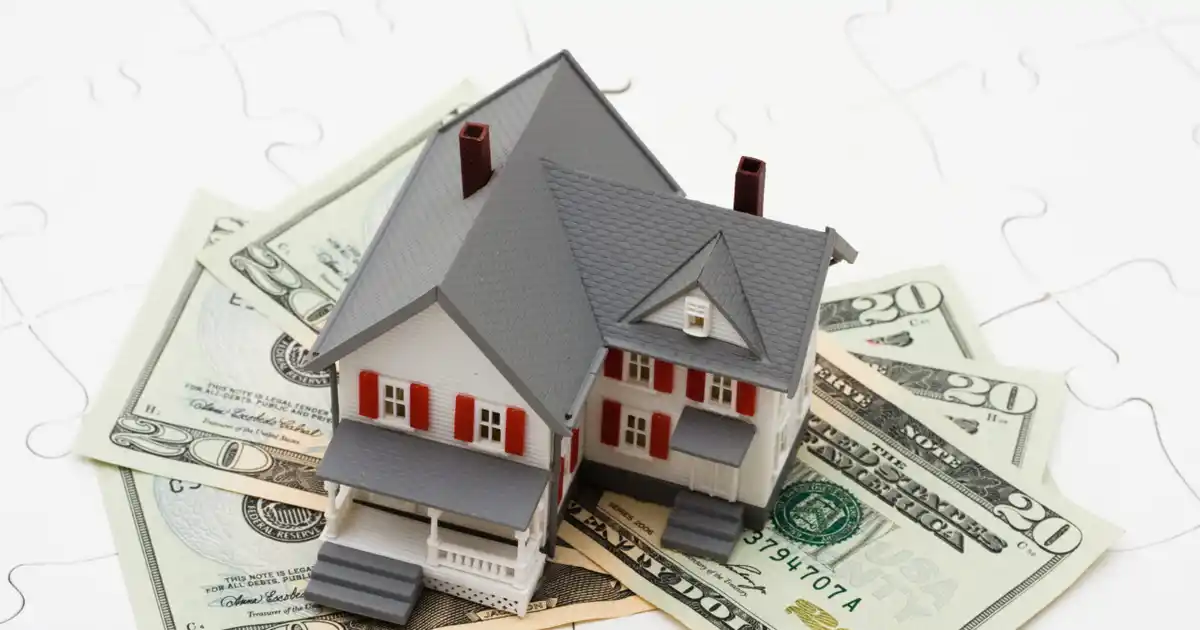 Shutterstock
ShutterstockYou Might Lose a Tax Deduction
Most homeowners will qualify for this handy tax deduction, which allows you to claim your mortgage interest payments on your tax return. The result is a lower taxable income. That means you’ll have to pay less in taxes, which will either lower your tax bill or increase your refund. Both of those mean more money in your pocket.
If you pay off your mortgage early, you won’t be paying any more interest. That means you can’t deduct those interest payments in your taxes, which will likely raise your tax liability. In the long run, it’s probably worth losing this tax deduction in order to save on years (or decades) of interest payments. However, you should still break out the calculator and see how it impacts your immediate financial future.
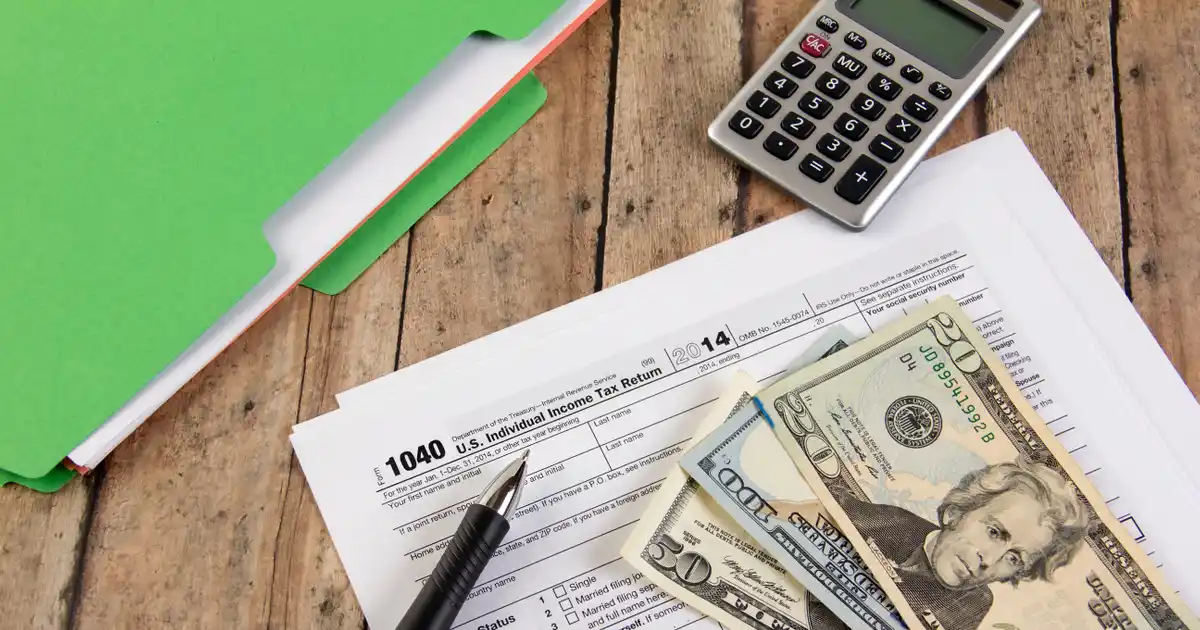 Shutterstock
ShutterstockIt May Hurt Your Credit Score
Oddly enough, paying off your mortgage early could actually hurt your credit score. The good news is that the hit is likely to be small and short-lived. Still, you should be aware that discharging your mortgage completely might have a negative impact on your credit score, which in turn can impact how much it costs to borrow money in the future.
Your credit score is made up of a complex equation and includes many factors. One of those factors is the amount of outstanding debt you currently have, and whether the payments are being made in full and on time. Another factor is the different types of debt you’ve been approved for. If your monthly mortgage payments are no longer a part of your credit report, the algorithms that control your credit score will see it as a negative. Yes, it’s kind of backwards, but that’s how it works.
The good news is that if you’re in a financial position to pay off your mortgage early, your credit is likely otherwise fine. A small and temporary drop in your score shouldn’t impact you much at all, really.
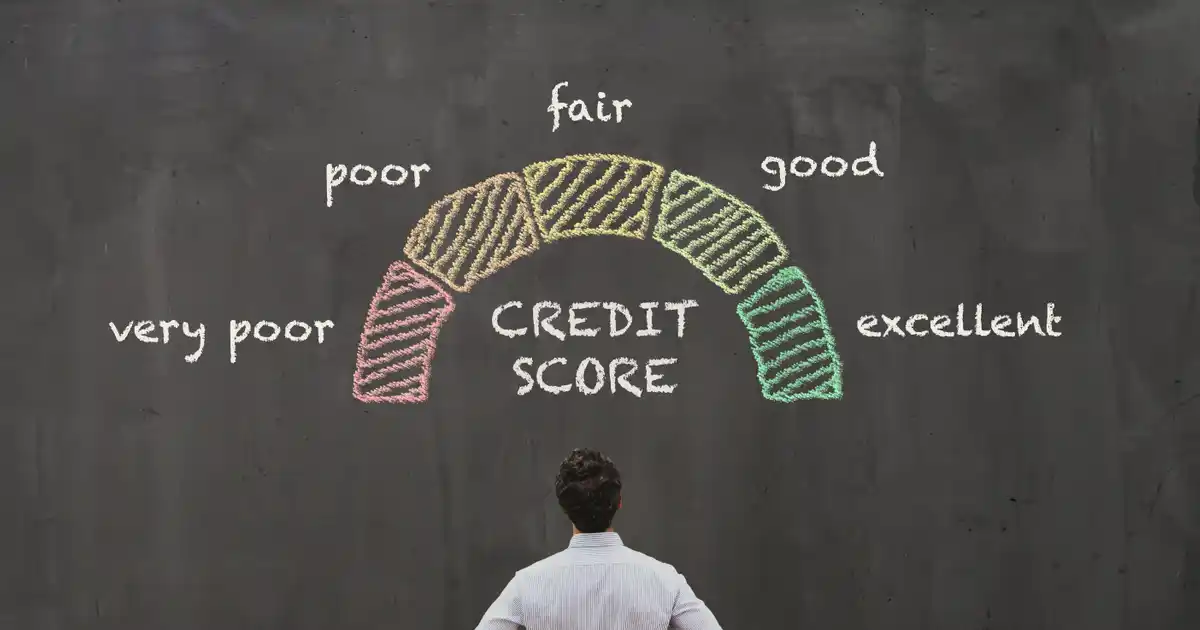 Shutterstock
ShutterstockThe Bottom Line
Ultimately, the decision to pay off your mortgage early (or not) depends on a lot of things. What are your mortgage terms? Where did the money come from? How secure are your retirement savings? What other debt do you have? What’s your tax situation like? We can’t answer any of those questions for you, but you should make sure you can answer them for yourself.
For most people, buying a house (and in the process, obtaining a mortgage) is the biggest and most expensive purchase of their lifetime. If you can save thousands of dollars in interest by paying it off early, you should strongly consider it. Just make sure you aren’t neglecting other areas of your financial life just to zero out your mortgage. If you do, you might find the savings to be considerably less than you hoped.
 Shutterstock
Shutterstock